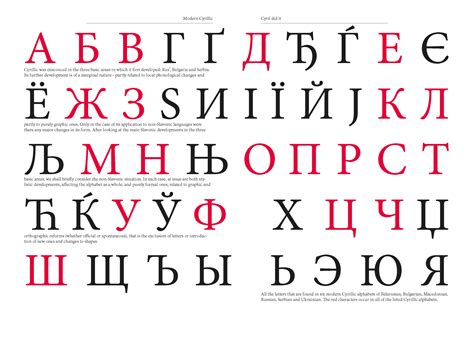The Cyrillic alphabet stands as one of the most prominent contributions of the First Bulgarian Empire to global civilization. Stemming from an initial Glagolitic script created by Saints Cyril and Methodius, the Cyrillic alphabet’s evolution and dissemination have long been subjects of both celebration and controversy. While the script was essential in translating religious texts, thus fostering literacy and Christianity among Slavic peoples, its impact extends well beyond linguistic boundaries into the realms of cultural and political identity.
Historically, the adoption of Cyrillic by various Slavic nations was far from merely a result of religious considerations. For example, by allowing church services in local languages, the Byzantine administration helped consolidate their influence over the newly Christianized Bulgarians and other Slavs, a point often overlooked in simplified East-West dichotomies. The role of the Bulgarian state is particularly crucial in this narrative. As numerous commenters pointed out, it was not just passive receipt but active investment and adaptation by the Bulgarian kingdom—mainly during its peak in the late 9th and early 10th centuries—that ensured the spread of the Cyrillic script. This consciously political act, aimed at asserting independence from Byzantine ecclesiastical authority, underscores that technology and statecraft were deeply intertwined even then.
As time has shown, the reach of the Cyrillic script continued to widen, particularly under the influence of the Russian Empire. In more modern contexts, disagreements arise on whether the script’s spread was purely beneficial or exploitative. Some argue the script helped literacy and cultural cohesion, while others view it as an instrument of imperial control. For example, the Soviet Union’s imposition of Cyrillic on various Turkic and Central Asian nations is often cited as a case of cultural imposition. This is similar to how the Latin script has been leveraged to enforce Western cultural norms and education systems.
The geopolitical implications of alphabet choices have also sparked debates about future shifts. Some speculate about whether countries like Bulgaria, Serbia, and Ukraine might eventually switch to the Latin alphabet, driven by digital globalization and Western cultural dominance. Discussions on these potential transitions can become quite heated, as evidenced by divergent opinions on platforms like Wikipedia. However, such a switch would not merely be a technical change but a substantial shift in cultural identity. The example of Turkey’s switch from Arabic to Latin script under Atatürk highlights how significant and transformative such a change can be.
Notably, the conversation about Cyrillic often circles back to present-day political tensions. Critics like culebron21 find it pedantic to link historic script dissemination to current figures like Putin, arguing that equating cultural symbols with present geopolitics oversimplifies complex histories. Yet others see a clear parallel, emphasizing that language and script are never just neutral tools but effective instruments of soft power and cultural hegemony. Consider recent events where the promotion of Cyrillic has been part of broader Russian efforts to assert influence in Eastern Europe, in stark contrast to the EU’s more Latin-alphabet-leaning integrations.
In conclusion, the Cyrillic script is more than a linguistic artifact; it is a marker of cultural identity, political maneuvering, and technological advancement. Its history is filled with instances of power plays and cultural amalgamations that helped shape the identities of Slavic peoples. The enduring relevance and contested nature of Cyrillic underscore that scripts and languages are never static. They are dynamic, living elements of human civilization, continually shaped by and shaping the sociopolitical landscapes they inhabit.


Leave a Reply